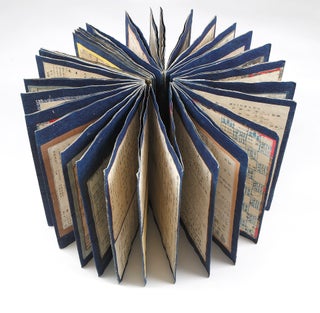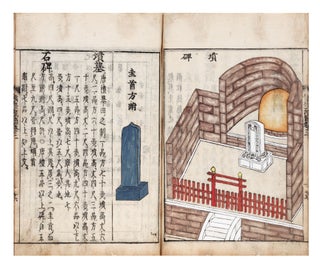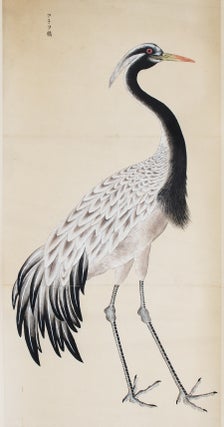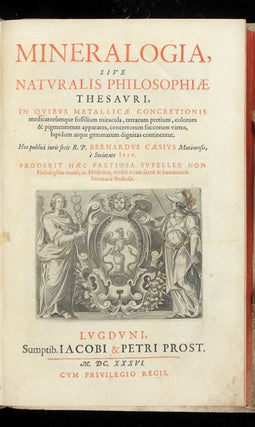![Item ID: 9015 Siwa yugo 是窩遺稿 [Posthumous Writings of Siwa]. T’ae-dong 韓泰東 HAN.](https://jonathanahill.cdn.bibliopolis.com/pictures/9015.jpg?width=768&height=1000&fit=bounds&auto=webp&v=1681747006)
“The Gamey Smell of Mutton”
Siwa yugo 是窩遺稿 [Posthumous Writings of Siwa].
54; 67; 84 folding leaves. Three vols. Large 8vo, orig. wrappers (wrappers rubbed & soiled). [Korea]: 1703.
First edition and very rare, with no copy in WorldCat. Han (style name: Siwa 是窩; 1646-87), was a Chosŏn official and writer. Due to factional conflicts within Chosŏn officialdom, Han was repeatedly dismissed and reinstated in office, holding a number of positions throughout his career. This collection of prose and verse was printed by Han’s son, probably Han Chi 韓祉 (1675-d. after 1727), in 1703. It contains poetry in several genres (rhapsodies and regulated verse), examination essays, and other writings. The collection contains a short biography of Han written by his sororal nephew Pak Sŏnghan 朴聖漢(1656-1713) and a series of memorials by Han Chi in an appendix.
Like many Korean intellectuals of his era, Han T’ae-dong travelled to Beijing with one of the regular embassies that made the overland journey from Seoul to the Qing capital. Han’s trip took place in the second half of 1682. He wrote a travelogue describing this trip. The present work too contains several pieces related to Han’s trip to Qing China in the form of annotated poems. The poems express the loathing that Han and many of his Korean contemporaries had for the Manchu, who had conquered China and made Chosŏn into a Qing tributary state. The Manchu — according to tradition, descendants of the Yilou people of northeast Asia in antiquity — together with their Mongol allies — great consumers of mutton — had conquered China roughly four decades previously. In light of this, Han wrote:
For forty years the gamey smell of mutton has filled the world
The Capital of Yan [i.e., Beijing] was once the domain of emperors
[Now] the cracked colors of stars dredge the waters of the ford
The [spirits of the five] peaks and [four] rivers are connected, encompassing [the land of the] Yilou
The Chinese women alone still make up their hair into two black buns at the temples
The Northern barbarian men have kept their fur garments, their sleeves the shape of horse’s hoofs
From the new buildings, the view might still be as before
[Yet] among the famous men of letters, who weeps for the Southern people now held captive by the North?
To this poem, Han added a note saying, “after the Qing people [i.e., the Manchu] brought calamity to China, the Chinese adopted their style of clothing; only the hairstyle of the women did not change.”
Very good set, preserved in a chitsu. The upper cover of the second volume has a burn hole, which extends through the inner blank margin of three leaves of text. There is some soiling and dampstaining here and there in all three volumes. Minor worming at the end of Vol. III.
Price: $7,500.00
Item ID: 9015




